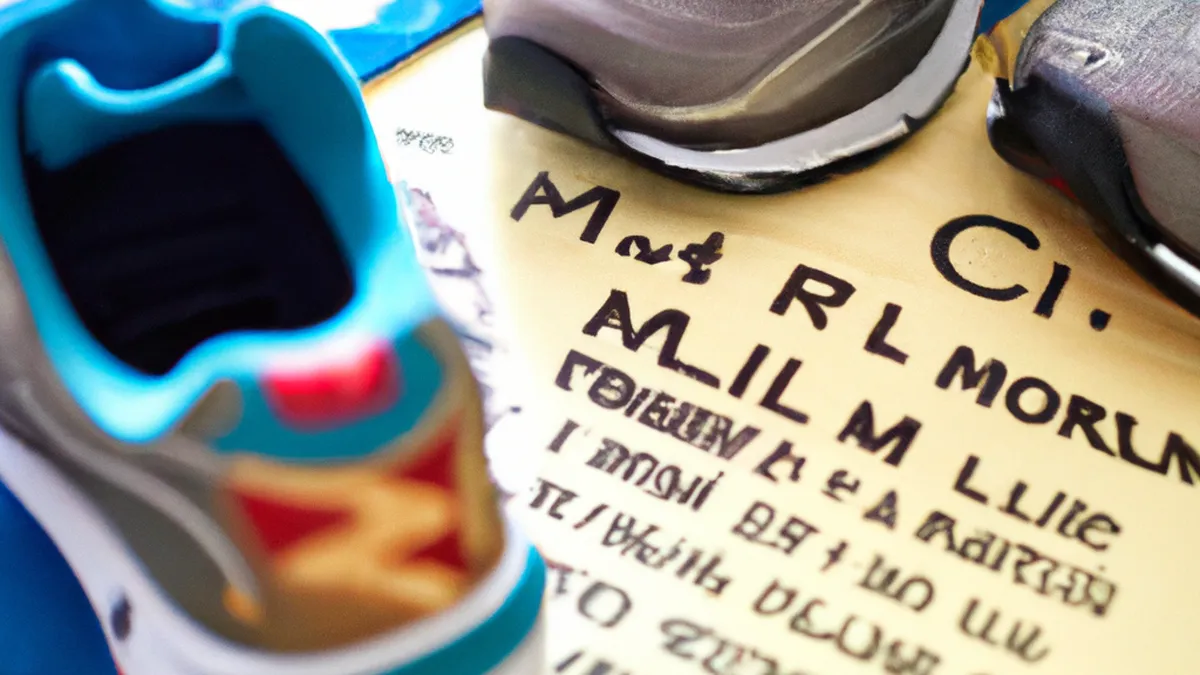First Aid Training for Sports Coaches
Training Coaches on First Aid SkillsCoaches significantly impact athletes’ lives. They guide, motivate, and inspire. Their responsibilities include handling emergencies, so first aid skills are essential. This blog shares tips for training coaches in first aid and highlights its benefits.
Importance of First Aid Skills for Coaches
First aid skills can save lives. Coaches often face injury situations. Quick responses can make a difference on the field or in the gym. Injuries can occur anytime, so coaches must act swiftly.First aid knowledge builds confidence. Coaches with emergency skills can focus better on coaching. They reassure athletes and families, fostering a safer environment.
Tips for Training Coaches in First Aid
As an Amazon Associate I earn from qualifying purchases.
Gear tip: consider sports first aid kit, kt tape, and blister pads to support this topic.
1. Start with Basic First Aid Training
Begin with the fundamentals. Teach coaches to assess injuries. They must learn to identify severe versus minor injuries. Basic first aid covers CPR, wound care, and choking relief. Use hands-on practice to reinforce skills. Coaches retain information better through practice.
2. Incorporate Scenario-Based Learning
Use real-life scenarios during training. Create mock situations for coaches to face. For example, simulate a player collapsing on the field. This approach enhances learning experiences. Coaches can practice responses in controlled environments. Discuss outcomes and alternative actions afterward to solidify understanding.
3. Schedule Regular Refresher Courses
First aid skills can fade. Schedule refresher courses at least once a year. Review techniques and introduce new practices. Encourage coaches to stay updated on guidelines. Ongoing education ensures proficiency.
Advice for Effective Training
1. Use Qualified Instructors
Choose skilled instructors for training. Look for certified professionals who specialize in coaching. They provide valuable insights into unique challenges coaches face. Experts tailor training to meet specific needs, benefiting coaches.
2. Foster a Supportive Learning Environment
Create a safe learning space. Encourage questions and discussions. Coaches should feel comfortable sharing concerns. This openness promotes active participation. Engaged coaches learn more effectively. Foster teamwork during training sessions to build camaraderie.
3. Provide Access to Resources
Offer resources for continued learning. Share manuals, videos, and online courses. Ensure coaches access these tools for reviewing materials independently. This access empowers coaches to deepen their knowledge.
Benefits of First Aid Training for Coaches
1. Improved Athlete Safety
The primary benefit of training is enhanced athlete safety. Coaches with these skills can respond quickly to injuries. Quick responses reduce recovery times and prevent complications. Athletes feel safer knowing their coaches are prepared.
2. Increased Confidence and Trust
Coaches who know first aid exude confidence. This confidence builds trust among athletes and parents. They trust that their coach can handle emergencies. Trust strengthens the coach-athlete relationship and fosters growth.
3. Legal and Ethical Responsibility
Coaches have a legal and ethical obligation to protect athletes. Failing to respond appropriately can lead to serious consequences. First aid training equips coaches to meet these responsibilities. It demonstrates commitment to athlete welfare and enhances program reputation.
Conclusion
Training coaches in first aid skills is essential for athlete safety. Basic first aid knowledge empowers coaches to act decisively in emergencies. Incorporating scenario-based learning and regular refreshers enhances retention and confidence. Using qualified instructors and fostering a supportive environment ensures effective training.The benefits of first aid training are clear. Improved athlete safety, increased confidence, and a sense of responsibility contribute to successful coaching. Prioritizing first aid training invests in our athletes’ health and safety, benefiting everyone involved.
Below are related products based on this post:
FAQ
Why are first aid skills important for coaches?
First aid skills are crucial for coaches as they can save lives during emergencies. Coaches often encounter injury situations, and quick responses can significantly impact the outcome for an athlete. Having these skills builds confidence and allows coaches to focus better on their coaching responsibilities.
What are some effective training methods for coaches in first aid?
Effective training methods include starting with basic first aid training and incorporating scenario-based learning. Real-life simulations help coaches practice their responses to emergencies, enhancing their learning experience. Regular refresher courses are also essential to keep skills sharp and updated.
What are the benefits of first aid training for coaches?
The benefits of first aid training for coaches include improved athlete safety, increased confidence, and fulfilling legal responsibilities. Coaches who are trained can respond quickly to injuries, which reduces recovery times and builds trust with athletes and parents. This training demonstrates a commitment to athlete welfare and enhances the overall program’s reputation.















Post Comment